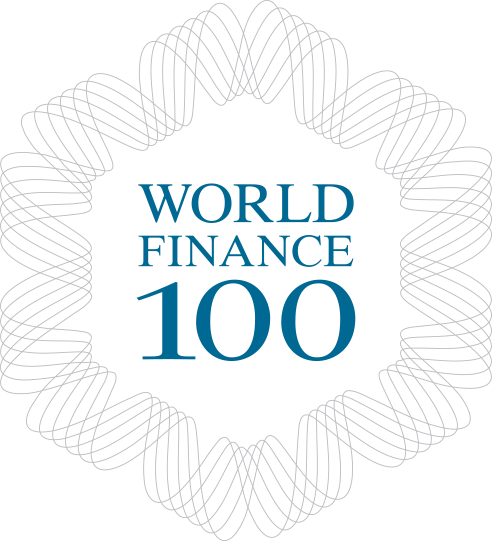The economic outlook for 2022 has played out more or less as expected, but few could have foreseen Russia’s illegal war, which has exacerbated the faltering global economy, with the conflict hampering growth and putting pressure on food and energy prices.
The four main takeaways for the year, according to the OECD are as follows:
The world economy is slowing
Broadly speaking, the global economy has slowed with 2022 seeing the highest inflation levels in decades. Global growth is forecast to slow to 2.7 percent in 2023 down from 6 percent in 2021.
It will mean a cautious and level headed approach will be needed to ensure that monetary and fiscal policies align and help to neutralise the ongoing effects of the pandemic and the war.
Widespread inflation
There has been a sharp increase in inflation across the globe leading to higher costs for businesses and with unemployment rates close to 20 year lows adding to these inflationary pressures, it will likely mean a further decline in G20 economies with many countries struggling to manage risks associated with financial stability.
Inflation will remain high
Central banks have been adopting tightening policies aimed at easing inflation with the expectation that there will be a decline throughout 2023 for most G20 countries. One important factor affecting these easing measures is the energy crisis and the continued Russia-Ukraine war further weighing down on food and energy costs.
So while inflation is expected to drop, it will remain elevated as we head into 2023.
Energy shortages must be managed
In order to manage the energy crisis, the EU must try to reduce demand and diversify supply and if this is not managed effectively global energy prices may continue to rise causing shocks which will dampen growth in 2023, at which point many European countries could be pushed into recession.
Without a doubt, the global economic outlook has darkened in 2022 and it with the health crisis hopefully fading, we are now faced with the price of inaction on climate change.
COP27 identified the impacts of climate change that have been observed in many ecosystems worldwide, including water scarcity, reduced crop production, displacement, flood and storm damage and damage to key economic sectors.
Businesses face an unprecedented challenge to innovate and transform their practices to tackle climate change and adopt more sustainable measures.
World Finance honours those companies that have taken up the challenges that 2022 has presented and are going above and beyond in a darkening financial climate.
